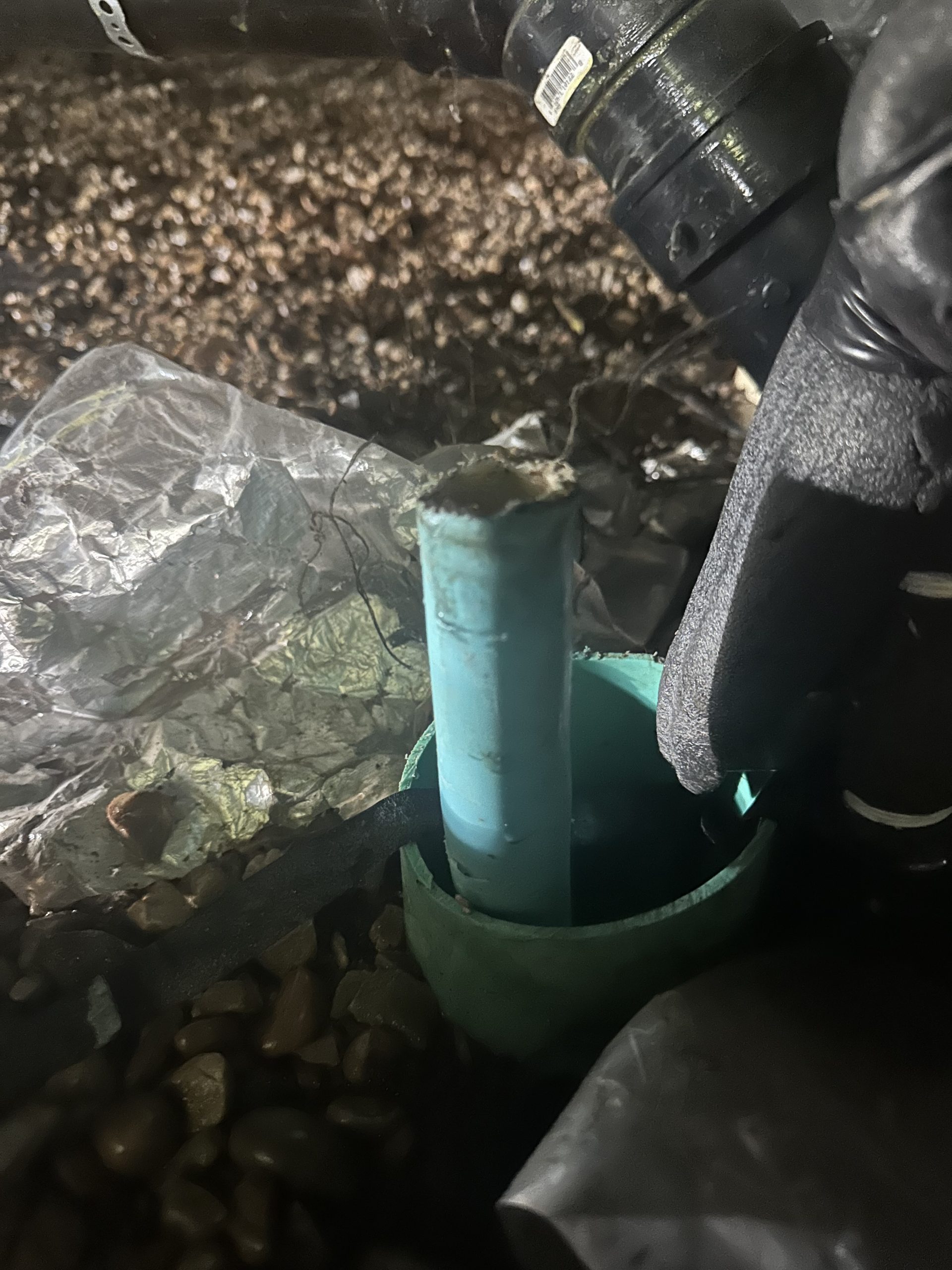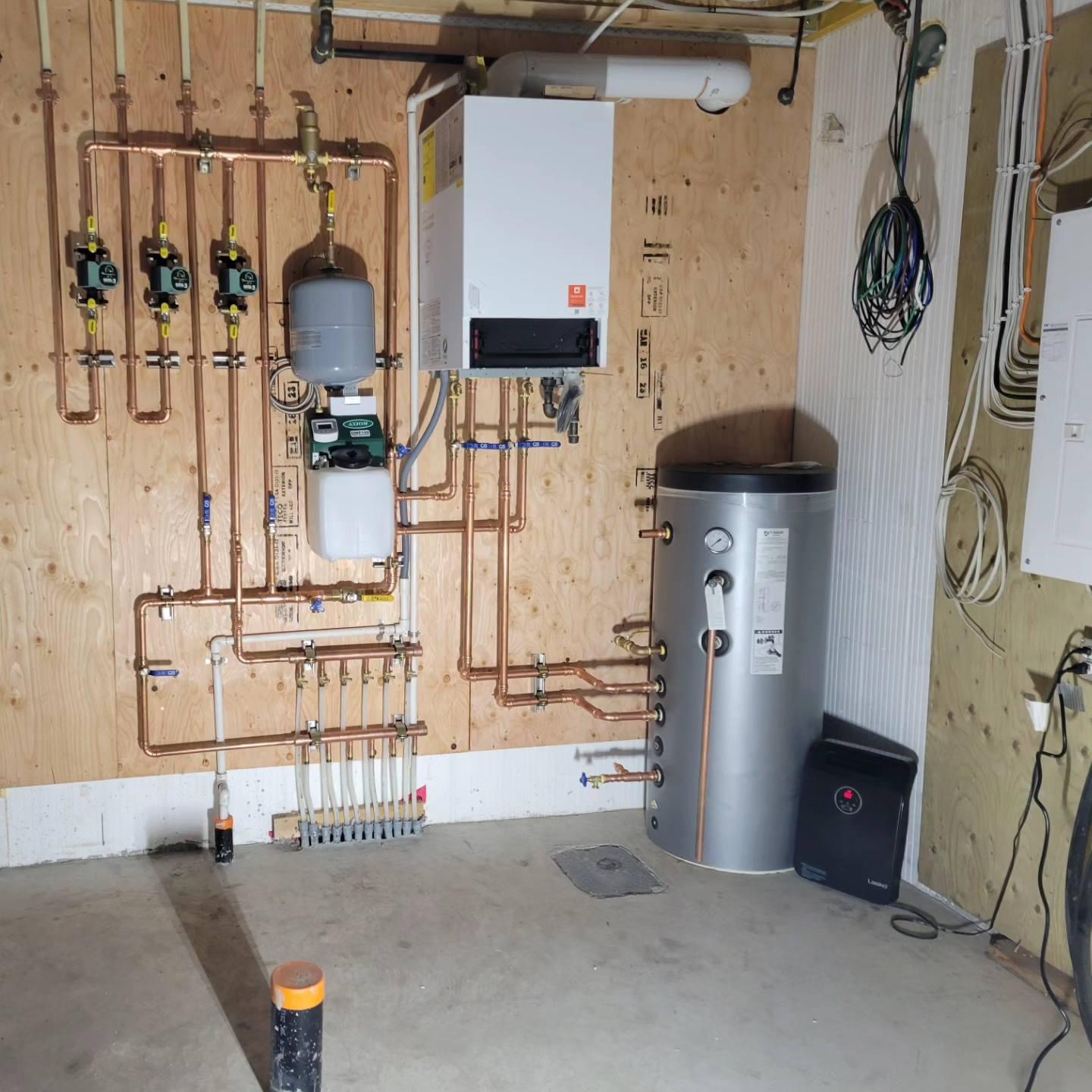Introduction
We often overlook the plumbing system in our homes until something goes awry. Plumbing problems can disrupt daily life, and when they occur, knowing when to call an emergency plumber can save you from extensive damage and costly repairs. This article will provide a comprehensive guide on understanding the signs you can't ignore that may necessitate an emergency plumbing service. Whether it's a minor leak or a major pipe burst, being informed can help you make timely decisions and protect your most valuable asset—your home.
When to Call an Emergency Plumber: Signs You Can't Ignore
Knowing when to call for emergency plumbing services is crucial for any homeowner. While some issues may seem minor at first, they can escalate quickly if not addressed promptly. Below are some of the common signs indicating that it’s time to pick up the phone and contact an emergency plumber.
Understanding Emergency Plumbing Services
Emergency plumbing refers to plumbing tasks that require immediate attention due to sudden, unexpected issues that could lead to severe damage or health hazards. The key characteristics of emergency plumbing include:
- Immediate Response: These situations typically require prompt action. Potential Damage Prevention: Quick intervention can prevent further damage. Health Concerns: Some emergencies pose health risks, like sewage backups.
1. Severe Leaks: Identifying the Warning Signs
Severe leaks are one of the top reasons homeowners call for emergency plumbers. But how do you know if a leak is severe enough?
Signs of Severe Leaks
- Water stains on ceilings or walls Sudden increase in water bill Mold growth around leaky areas Puddles forming near appliances or fixtures
If you notice any of these warning signs, it’s imperative to act swiftly.
The Consequences of Ignoring Leaks
Ignoring leaks can lead to structural damage and mold growth, which pose serious health risks.
2. Clogged Drains: A Growing Concern
Clogged drains may seem like a minor inconvenience at first, but they can lead to significant plumbing issues if not handled quickly.
Signs Your Drain is Clogged
- Slow draining sinks or tubs Gurgling sounds from drains Foul odors emanating from fixtures
A clogged drain may lead to overflow or more severe blockages requiring immediate intervention by an emergency plumber.
3. Burst Pipes: A Plumbing Nightmare
Burst pipes are one of the most catastrophic plumbing emergencies that can occur in a home.
How to Identify a Burst Pipe
- Sudden drop in water pressure Water pooling in unexpected places Unexplained wet spots on floors or walls
If you suspect a burst pipe, turn off your main water supply immediately and call for emergency plumbing assistance.
4. No Hot Water: Understanding Your Options
Having no hot water is more than just an inconvenience; it can disrupt your daily routine significantly.
Causes of Hot Water Loss
- Broken water heater Faulty thermostat Leaking pipes leading away from the heater
If your hot water supply has suddenly vanished, don’t wait too long before contacting an emergency plumber for inspection and repair.
5. Overflowing Toilets: An Immediate Red Flag
An overflowing toilet is not only unsanitary but also poses a risk of flooding your bathroom.

What Causes Toilet Overflows?
- Clogged pipes Malfunctioning float mechanism Excessive toilet paper usage
If plunging doesn’t resolve the issue quickly, it’s time to call an emergency plumber before things get messier.
6. Sewage Backup: A Health Hazard
Sewage backups are one of the most alarming plumbing emergencies you can face at home.
Signs of Sewage Backup
- Foul odors in multiple drains Gurgling noises from toilets or sinks Wastewater coming up through floor drains
A sewage backup poses serious health risks as it contains harmful bacteria and pathogens—do not attempt to fix this yourself; contact an emergency plumber immediately!
7. Flooding Basements: Taking Action Quickly
Basement flooding often occurs due to heavy rain or malfunctioning sump pumps.
Identifying Basement Flooding Issues
Look for:
- Standing water in the basement Musty odors indicating mold growth Damp walls or flooring
Flooding increases the risk of mold development and structural damage; thus, immediate action is crucial!
8. Low Water Pressure: What It Means for Your Plumbing System?
Low water pressure affects everyday activities like showering and washing dishes but may indicate underlying plumbing issues.
Causes of Low Water Pressure
Common causes include:
- Corroded pipes Clogged fixtures Municipal supply problems
Contacting an emergency plumber will help diagnose whether this issue requires urgent attention!
9. Ice Dams & Frozen Pipes: Winter Woes
Frozen pipes are a common winter problem that could wreak havoc on your home’s plumbing system if not resolved quickly.

Signs of Frozen Pipes
Check for:
- No water flow from faucets Frost on exposed pipes
In extreme temperatures, take precautions against freezing; if suspected frozen pipes burst, immediate action is essential!
10. Gas Leaks: A Life-Threatening Situation!
Gas leaks are particularly dangerous because they pose fire hazards along with toxic inhalation risks.
Identifying Gas Leak Symptoms
Look for:
Smell (rotten eggs) Hissing sounds near gas linesIf you suspect a gas leak, evacuate everyone immediately and call professionals right away!
FAQs about Emergency Plumbing Services
What constitutes an emergency plumbing situation?- An emergency involves situations like burst pipes, sewage backups, severe leaks, or gas leaks requiring immediate professional attention.
- While minor leaks might be manageable initially with tape or sealant, it's advisable always consult with professionals for lasting solutions.
- Costs vary depending on severity and time required; however, expect higher rates outside regular business hours.
- Shut off your main water supply if applicable & clean up any spills where possible.
- Not all plumbers offer 24/7 services; ensure you choose one who specializes in emergencies.
- Regular maintenance checks & timely repairs are critical in preventing potential emergencies down the road.
Conclusion
Understanding when to call an emergency plumber is vital for maintaining your home's integrity and TMK Plumbing https://tmkplumbing.ca/ ensuring your family's safety. By recognizing critical signs such as severe leaks, clogged drains, burst pipes, no hot water situations, overflowing toilets, sewage backups, flooding basements, low water pressure issues, frozen pipes during winter months as well as gas leaks—you'll be better equipped to handle urgent situations effectively.
Don't hesitate! If you're experiencing any alarming signs mentioned above—reach out today! An experienced professional will help assess the situation promptly so you can avoid costly damages while restoring peace back into your home environment once again!